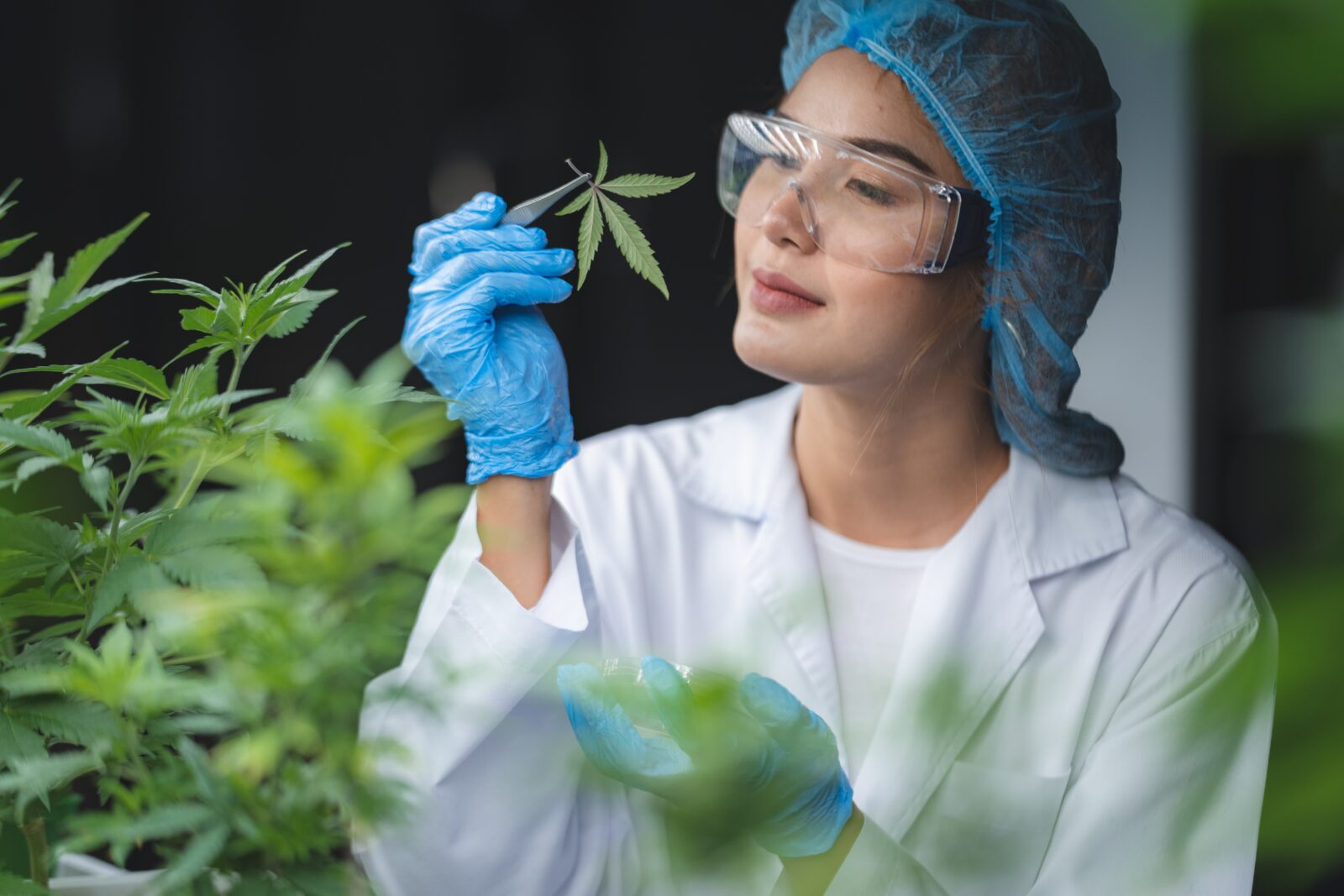
THC vs CBD | Source: Unsplash
We’re guessing you’ve heard about CBD and THC. Maybe you’ve even tried one of the products that contain them.
But have you ever wondered what the difference is between CBD and THC?
Despite their commonalities, CBD and THC can provide different effects. THC is what gets consumers high, for example, while CBD contains no psychoactive properties. We’ve used both therapeutically for a long time now to treat a host of health problems including pain, seizures, nausea, and more.
Here’s a crash course on the two most common chemical compounds within the cannabis plant: THC vs CBD.
THC vs CBD: A Cannabinoid Field Guide
The world of CBD and THC is a complicated one.
To understand the difference between CBD and THC, we need to start with the basics: cannabinoid compounds.
Did you know that there are over 400 cannabinoids present in the cannabis plant? Each chemical plays its role in the process of healing and providing relief for multiple ailments. Cannabinoids are a class of chemical compounds found in cannabis plants (including hemp and marijuana), which include CBD and THC—the two most commonly discussed cannabinoids. They work by stimulating receptors in the brain and body, including those associated with pain, mood swings, appetite, memory, and more.

So now you’re probably wondering: what’s the difference between CBD and THC?
Here’s a quick breakdown.
THC – Tetrahydrocannabinol
THC, or tetrahydrocannabinol, is a compound that can be found in both hemp and cannabis. It’s the psychoactive component of marijuana.
In other words, it’s what gets you high.
THC is the most common cannabinoid found in cannabis. It’s found in varying levels in different strains of marijuana—and these levels affect how you feel when you smoke or ingest your favorite strain. For example, sativa strains are higher in THC than Indica strains and tend to be with more energetic highs. Indica strains, on the other hand, tend to be more relaxing and sedative.

Humans have studied THC extensively for its potential medical benefits: It can help with pain management, as well as nausea and vomiting related to chemotherapy treatment. It works by increasing the amount of dopamine in your brain (aka, the happy chemical). The increase in dopamine causes a feeling of euphoria throughout your body. THC-rich strains are great for treating depression and pain.
So, that psychoactive “geeked” or “stoned” feeling you get when you consume most strains, that’s THC!
You can also find THC in other plants, like eucalyptus, which is why some people believe that smoking eucalyptus leaves can get them high. While this isn’t true (smoking something won’t get you high if it doesn’t contain THC), it does show how prevalent this compound is throughout nature.
CBD – Cannabidiol
If you’re new to CBD, it can be a bit of a head-tosser.
CBD, or cannabidiol, is a non-intoxicating compound found in cannabis. It’s one of over 100+ cannabinoids, which are natural compounds found in the cannabis plant. CBD is found in hemp and marijuana plants, but unlike THC (tetrahydrocannabinol), it does not produce a high. It’s the second most concentrated cannabinoid present in cannabis and has gained a lot of attention in the medical world for its ability to reduce inflammation, relax muscles and help with sleep, all without the psychoactive effects of THC.

CBD has shown benefits for anxiety and mental health, and even as a treatment for pain, inflammation, and other conditions. It has also shown that it can help counteract the stoned effects of THC, by helping to reduce unwanted side effects such as paranoia. Some medical professionals use strains rich in CBD to treat neurological disorders, epilepsy, and cancer.
CBD is a side-effect-free way to experience the benefits of cannabis.
What does this mean for you?
Well, if you’re looking for relief from anxiety or depression, for instance, you won’t find it by smoking pot because only about 10% of THC gets into your bloodstream when smoked or vaporized. Instead, try using full-spectrum CBD oil tinctures or capsules that contain all the cannabinoids found naturally in hemp (you can learn more about the different types of CBD products HERE). These will give you all the benefits of medical marijuana without any psychoactive effects!
Know the Difference Between THC vs CBD
Let’s face it – Cannabis is an amazing source of relief.
But what’s the difference between THC vs CBD?
The short answer is not much. Both cannabinoids are found in the cannabis plant, and they both cause different effects on the body. The main difference between THC and CBD is their legality—it’s possible to get arrested for having a certain amount of THC in your system, but it’s unlikely that you’d ever be arrested for having CBD in your system (though it’s still technically not legal everywere).
And at the end of the day, we can all agree that cannabis is a great source of relief for many ailments. Whether you’re looking for a calming effect or an energetic burst, cannabis has you covered. And while it shows to help treat pain and anxiety disorders, CBD and THC each have their benefits as well.
So if you’re interested in trying CBD for yourself, check out our store! We have everything from oils and edibles to topicals and tinctures—and they’re all available through our online platform!
Come back to The Happy Campers for all the latest cannabis news and findings.
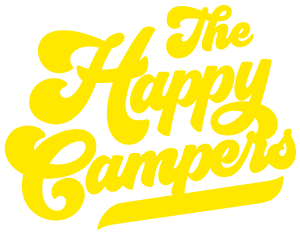
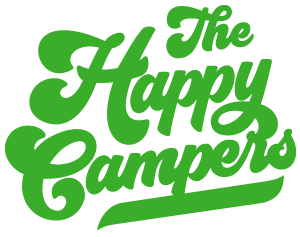

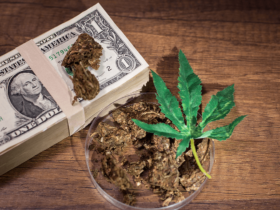
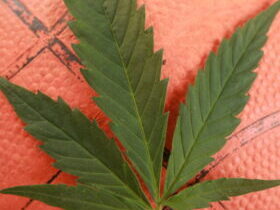
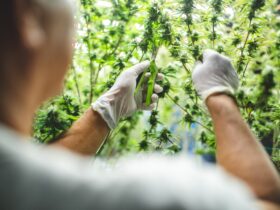
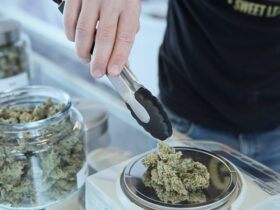

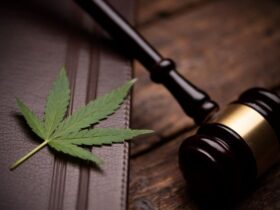

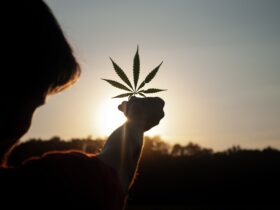

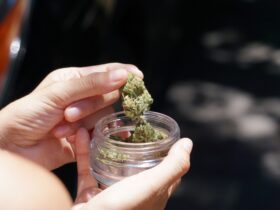
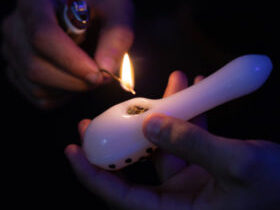
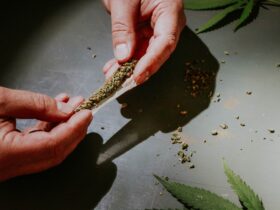
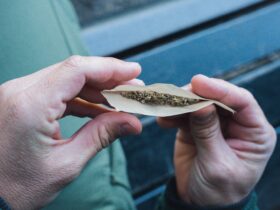
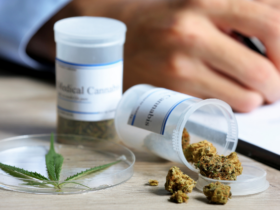
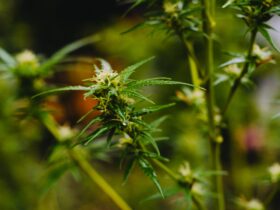
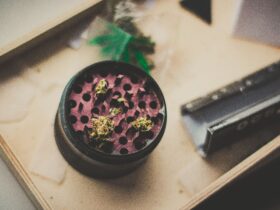
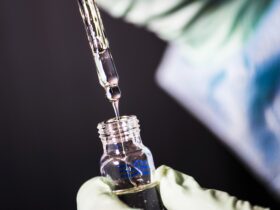


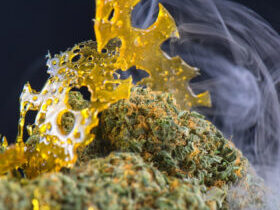
retin a cream cheap online
robaxin generic
wegovy rx
online drugstore metformin
Great post thank you. Hello Administ . 国产线播放免费人成视频播放
can you buy metformin without prescription
Hi, just required you to know I he added your site to my Google bookmarks due to your layout. But seriously, I believe your internet site has 1 in the freshest theme I??ve came across.儿童色情
Thank you great posting about essential oil. Hello Administ . 国产线播放免费人成视频播放
Good info. Lucky me I reach on your website by accident, I bookmarked it. Seo Hizmeti Skype : live:by_umut
Thank you for great content. Hello Administ. Seo Hizmeti Skype : live:by_umut
Thank you for great information. Hello Administ . Seo Hizmeti Skype : live:by_umut
Good info. Lucky me I reach on your website by accident, I bookmarked it. Seo Hizmeti Skype : live:by_umut
Thank you great posting about essential oil. Hello Administ . 国产线播放免费人成视频播放
Hi, just required you to know I he added your site to my Google bookmarks due to your layout. But seriously, I believe your internet site has 1 in the freshest theme I??ve came across.Seo Hizmeti Skype : live:by_umut
Thank you for great article. Hello Administ .Seo Hizmeti Skype : live:by_umut
Everything is very open and very clear explanation of issues. was truly information. Seo Hizmeti Skype : live:by_umut
Good info. Lucky me I reach on your website by accident, I bookmarked it. Seo Hizmeti Skype : live:by_umut
Thank you for content. Area rugs and online home decor store. Hello Administ . Seo Hizmeti Skype : live:by_umut
Thank you for great information. Hello Administ . Seo Hizmeti Skype : live:by_umut
Nice article inspiring thanks. Hello Administ . Seo Hizmeti Skype : live:by_umut
Hello! I could have sworn I’ve been to this blog before but after browsing through some of the post I realized it’s new to me. Seo Hizmeti Skype : live:by_umut
Thank you great post. Hello Administ .Seo Hizmeti Skype : live:by_umut
After all, what a great site and informative posts, I will upload inbound link – bookmark this web site? Regards, Reader. Seo Hizmeti Skype : live:by_umut
buy prednisone canada
prednisone for sale in canada
Hi, just required you to know I he added your site to my Google bookmarks due to your layout. But seriously, I believe your internet site has 1 in the freshest theme I??ve came across.儿童色情
lisinopril 5 mg tabs
Thank you for great information. Hello Administ . 国产线播放免费人成视频播放
valtrex rx
After all, what a great site and informative posts, I will upload inbound link – bookmark this web site? Regards, Reader.儿童色情片
lisinopril 20mg prices
how much is azithromycin 250 mg
cheap scripts pharmacy
Thank you for great content. Hello Administ. 国产线播放免费人成视频播放
synthroid 0.100 mg
all in one pharmacy
prednisone cream
zithromax buy canada
generic cialis online pharmacy
lisinopril tabs 20mg
50 mg prednisone canada pharmacy
canadian pharmacy uk delivery
canada cloud pharmacy
happy family pharmacy
tadalafil 5mg india
can i buy prednisone over the counter
Thank you for great information. Hello Administ . Seo Hizmeti Skype : live:by_umut
Great post thank you. Hello Administ . Seo Hizmeti Skype : live:by_umut
Nice article inspiring thanks. Hello Administ . Seo Hizmeti Skype : live:by_umut
Thank you for great information. Hello Administ . Seo Hizmeti Skype : live:by_umut
Thank you for content. Area rugs and online home decor store. Hello Administ . Seo Hizmeti Skype : live:by_umut
tadalafil prescription
cheap generic valtrex without prescription
generic lisinopril 5 mg
Nice article inspiring thanks. Hello Administ . 国产线播放免费人成视频播放
valtrex 500 mg tablet
top mail order pharmacies
Good info. Lucky me I reach on your website by accident, I bookmarked it. 現場兒童色情片
cheapest pharmacy prescription drugs
order valtrex online uk
tadalafil compare prices
buy prednisone canada
where to buy metformin uk
synthroid 1
azithromycin online uk
Everything is very open and very clear explanation of issues. was truly information.活婴儿色情片
happy family pharmacy coupon code
Good info. Lucky me I reach on your website by accident, I bookmarked it. 現場兒童色情片
Great post thank you. Hello Administ . 国产线播放免费人成视频播放
Great post thank you. Hello Administ . 国产线播放免费人成视频播放
Thank you for great content. Hello Administ. 国产线播放免费人成视频播放
Thank you for great article. Hello Administ .国产线播放免费人成视频播放
lisinopril 40 mg prices
medication lisinopril 5 mg
prednisone 10 mg tablet cost
Hi, just required you to know I he added your site to my Google bookmarks due to your layout. But seriously, I believe your internet site has 1 in the freshest theme I??ve came across.国产线播放免费人成视频播放
Nice article inspiring thanks. Hello Administ . 国产线播放免费人成视频播放
pharmacy discount coupons
price for 15 prednisone
synthroid thyroid
Thank you great posting about essential oil. Hello Administ . 国产线播放免费人成视频播放
cheapest pharmacy to fill prescriptions without insurance
Hello! I could have sworn I’ve been to this blog before but after browsing through some of the post I realized it’s new to me.兒童色情
Good info. Lucky me I reach on your website by accident, I bookmarked it. 現場兒童色情片